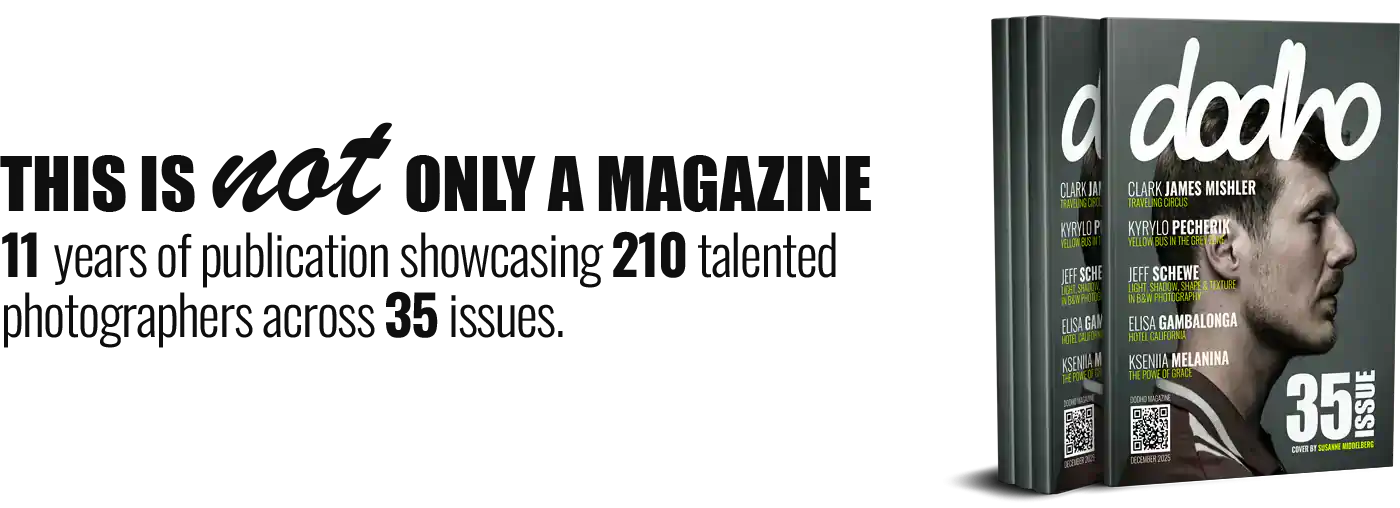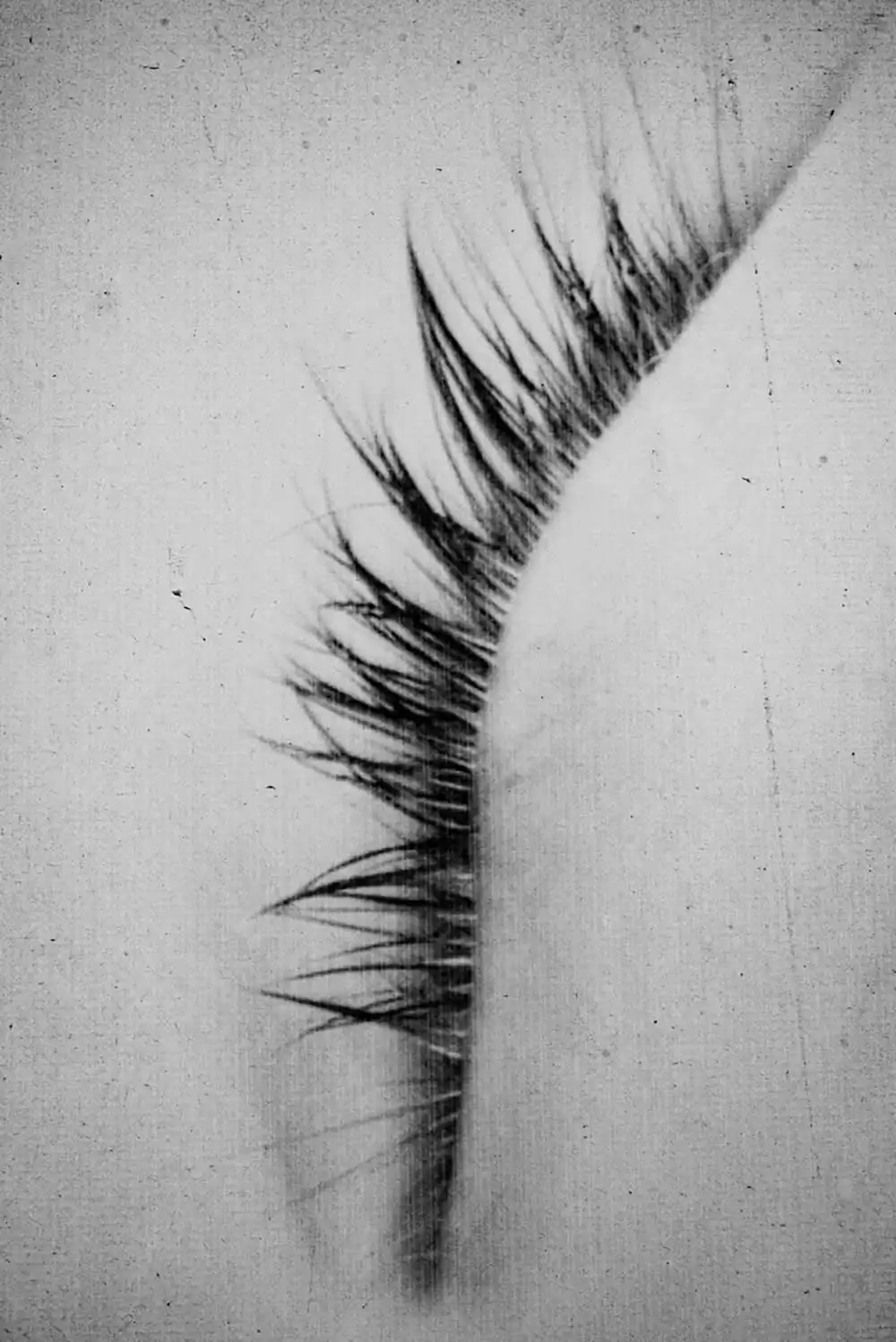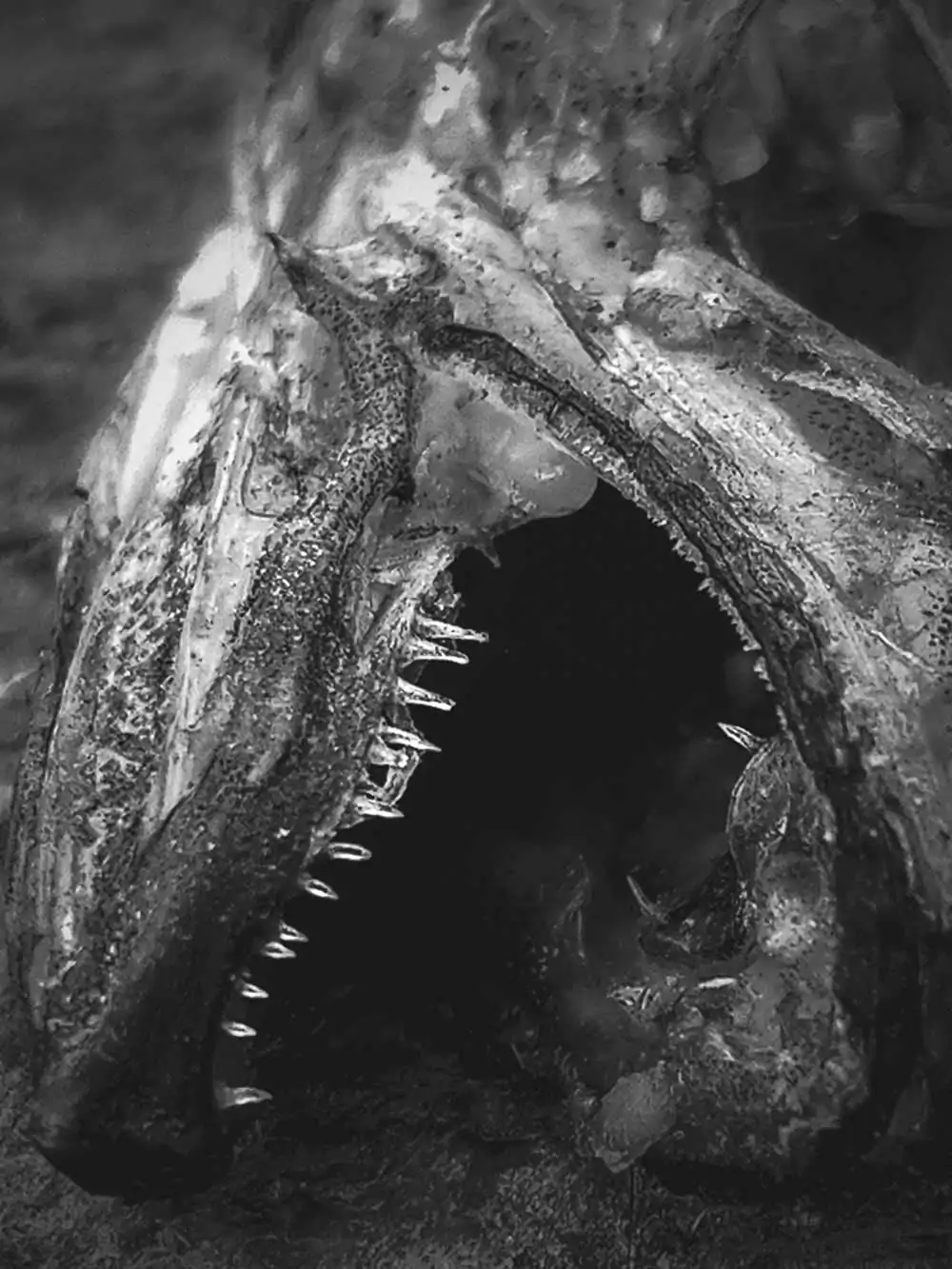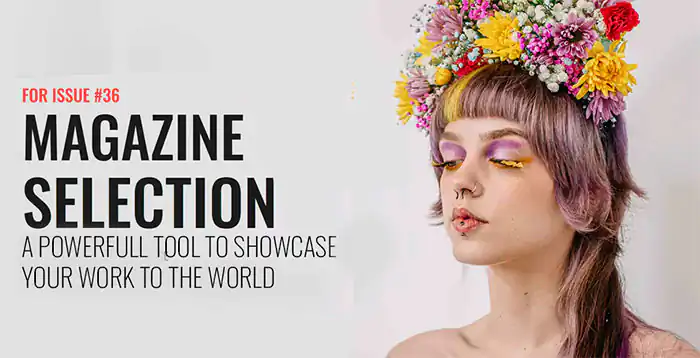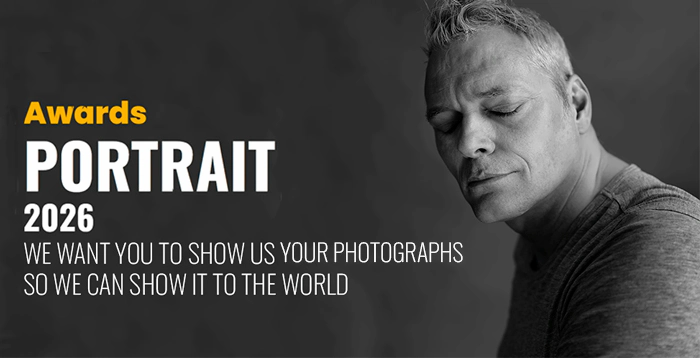It’s like the Second World War never ended in Russia – we all stuck in the past, with our scars and hunger, with our glory and with our fury.
I once wanted to be a war photographer. I was impressed by Capa’s image with his “closer is better” rule, dreamed of scars with stories, dreamed of the concentration of life and death around me, where every shot is a Pulitzer Prize. About the experience, having gone through which, you become, if not a superman, then at least a Man, with the biggest “M” in the world.
This desire left me long ago, along with my naivety. I didn’t try to make a series about the war or the memory of the war – I just wandered the streets and photographed what I saw, wandered from quarter to quarter, from city to city. But, having sat down to sort out the archives, I suddenly discovered that I had already fixed a lot of war. This war is in every frown face and in every shaved head. In the camouflage kids’ shorts and a plastic gun. In the angry fathers. In a sticky red puddle by the bar, in the lights of a police car that does not let you sleep until five in the morning. In the inked shoulders and fountains, clogged by the drunken soldiers in Airborne Forces Day. In the burnt out streetlights and in the people gazing out of that dark. In all that patriotic propaganda. In the militarism. In the new Armata tanks. In the victory parades, which have been held for 75 years. In the sleeping nukes. On the news feed and in the fear of tomorrow. In the smell of alcohol. In the kitchen knife. In the hand holding the keys as brass knuckles.
There is no tomorrow. There is only yesterday. We all stuck in past, with our scars and hunger, with our glory and with our fury. It’s like the Second World War never ended in Russia. It’s like we cross the battlefield every day, proud and callous
with the burden of memory.

